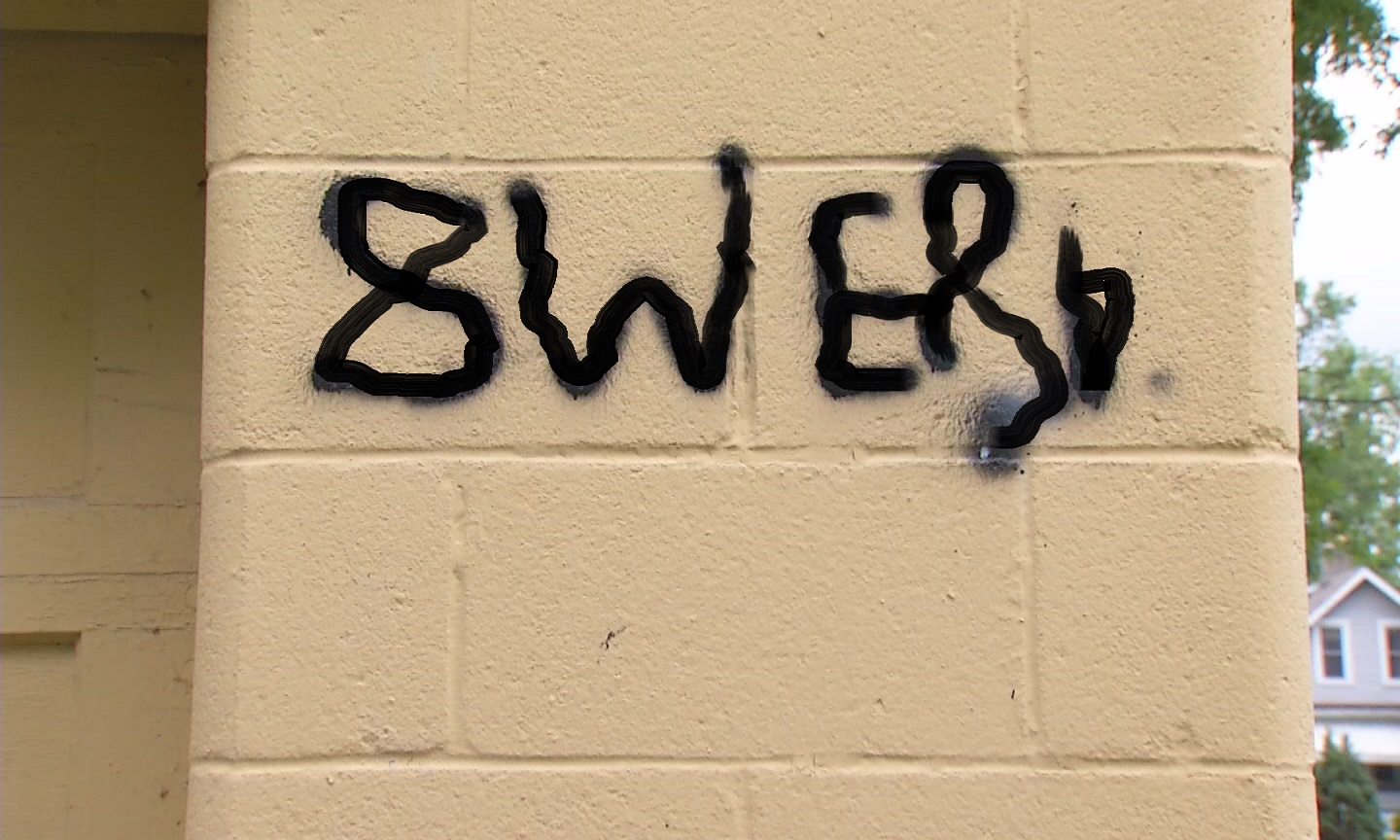COLUMBUS (WCMH)—Franklin County residents convicted of nonviolent misdemeanors have another way to prove to the community they want to atone for their crimes.
By working with the Franklin County Municipal Court system, judges are matching the community work specifically to the crime committed.
Instead of spending time in jail, paying fines and extended probation, those convicted of breaking the law can choose to show the error of their ways by giving back to the community.
The Linden area has seen more than its fair share of crime and vacant homes.
“In June 2014, our neighborhood had three shootings in two weeks,” said neighbor Leigh Ann Ward.
Now an empty lot on Aberdeen Avenue, less than a block from Ward’s home is an oasis of work that helps feed the disadvantaged in the neighborhood, done by work from volunteers and those convicted of minor environmental crimes.
“It gives us the labor force to increase the impact to the community,” said Ward, who is director of the Miracle Garden. “Last year, the garden gave away 100 percent of what it grew,” she said.

Linden’s pocket garden is one of handful of neighborhood groups in a win-win situation where those convicted of graffiti, illegal dumping, and littering are turning out vegetables and neighborhood cleanups.
“I feel like this is better working and helping in the community instead of being on probation or having to do jail time,” Destinee Walker said. She is pulling weeds in the garden and has a first-time conviction for a misdemeanor.
Working alongside her is an Ohio State student convicted of littering.
“I think this is a good idea, because jail has a lot of expenses with it, so I think this is much more productive,” he said.
Franklin County Environmental Court Judge Dan Hawkins came up with the idea about a year ago.
“My feeling was their community service should be going back out into the neighborhoods and cleaning up the neighborhoods they polluted,” Judge Hawkins said.
Neighbors said the idea seem like a no-brainer. This is a unique program that in less than a year has seen more than 1,800 hours of community service performed by defendants working in specific areas related to their crime.
“For example someone who was convicted of illegal dumping of paint, making them go and paint a couple of vacant houses for the city,” Hawkins said.
The judge has also ordered absentee landlords to live in their rented properties after they have been convicted in his courtroom. Hawkins said almost every judge in the municipal court is now utilizing the program.What others are clicking on:




